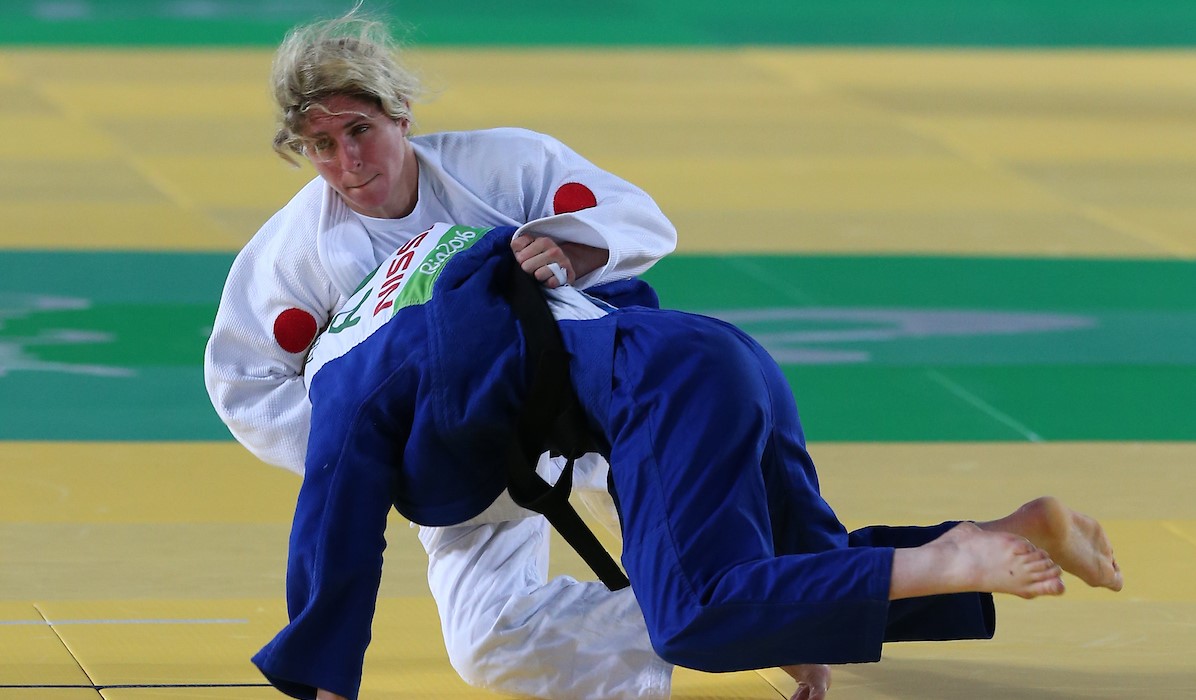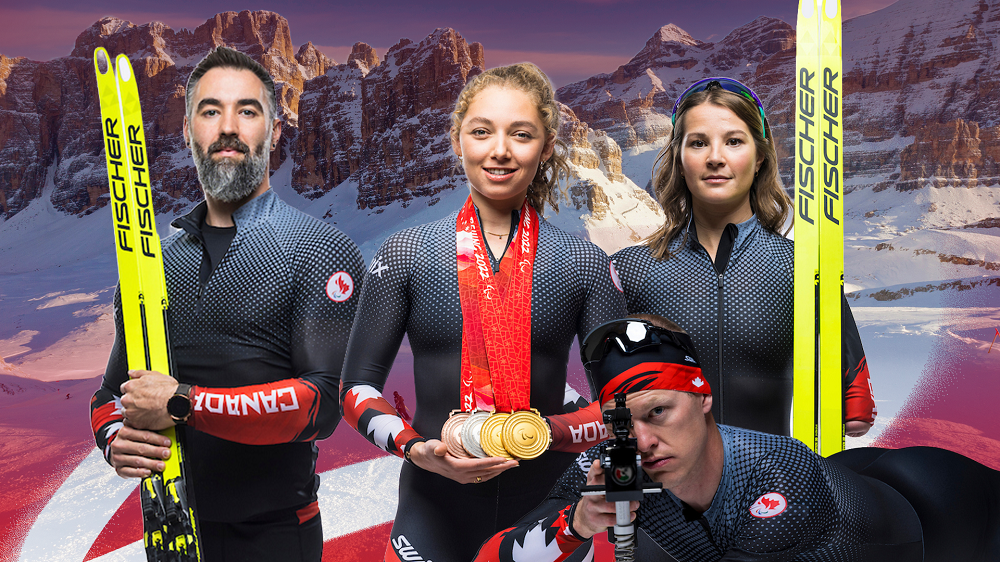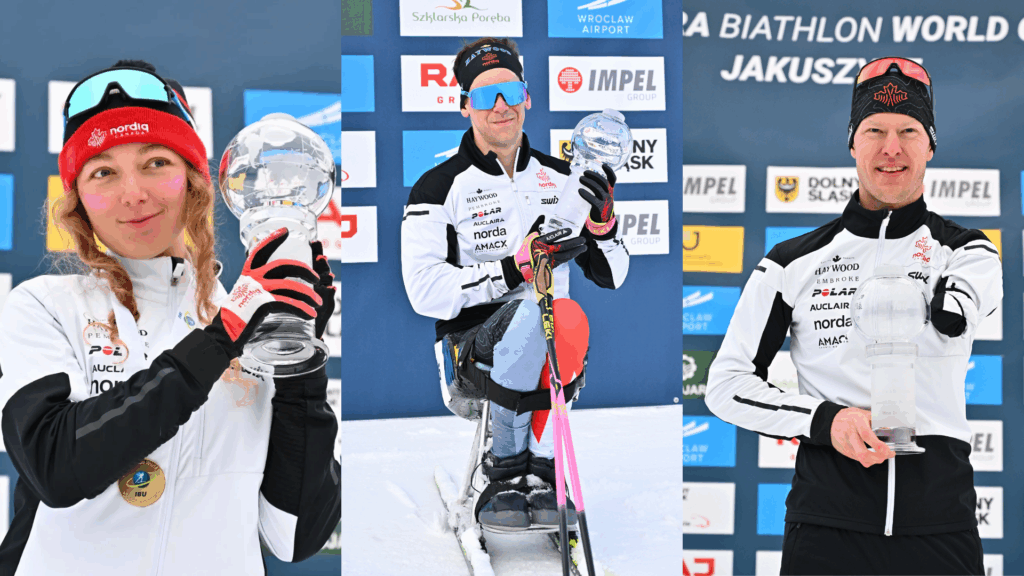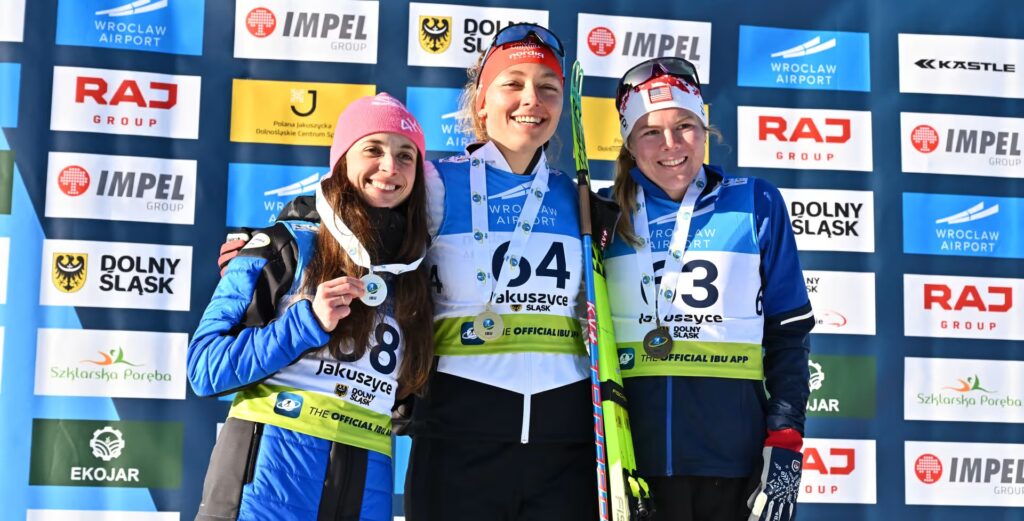Priscilla Gagné leads Canadian medal hopes in combat sports at Paralympic Games
Gagné to compete in Para judo; Four wheelchair fencers heading to Tokyo

August 27, 2021 is the date circled on Priscilla Gagné’s calendar for this month. That’s when the women’s 52 kilos event in Para judo will occur at the Paralympic Games in Tokyo.
The only Canadian entry in a sport that’s exclusively for visually impaired athletes, this will be Gagné’s second Paralympic Games experience. In 2016, she took fifth spot in the same event but this time a medal is the goal for the 35-year-old, now based in Montreal. However, the current world number-two will have to shake off some injuries.
In 2020 she underwent hip surgery and earlier this year hurt her elbow at a tournament in England. But when recently asked about Tokyo, her first concern is controlling her nerves.
“In Rio I was surprised how stressed I got before my first bout,” Gagné, the bronze medallist at the 2018 world championships, told Canal M website. “My whole body felt heavy and slow. So this time I want to go in more prepared, do some visualisation and just work on my mental game.”
With defending Games champion Sandrien Martinet of France now in 48 kilos, Gagné’s top opponents include world number-one Inna Sych of Ukraine (the 57 kilos champ in Rio).
Para judokas are classified as B1, B2 or B3, but all athletes compete together. B1 athletes have the most severe visual impairment. Gagné says she will be the only B1 combatant in her category, while Sych and four of the world’s top-five are B3.
Experienced Canadian team in wheelchair fencing
Wheelchair fencing is an original Paralympic sport from the 1960 Games in Rome and Canadians first competed in the discipline at the 2000 Paralympics in Sydney.
Pierre Mainville is one of four members on the Canadian team for Tokyo 2020. Headed to his fourth Paralympics, he is scheduled to compete in category B in both the individual sabre and epee events. After Rio he had contemplated retirement but continued to train with the national team primarily to help develop more fencers. But he continued to post strong international results and qualified for the Tokyo squad.
“If my health can hold up my goal is always to reach the podium,” said Mainville, battling a sore wrist and elbow heading into the Games.
Joining Mainville on the men’s side is Matthieu Hébert, a 2016 Paralympian, and 24-year-old Paralympic debutant Ryan Rousell from the Saskatoon area, both in the A category.
“I have high goals in Tokyo,” said Rousell, ninth in sabre at the 2019 worlds. “I would definitely like to get into a medal position. I’ve really taken the time over the last few months to work on my mental game, my nutrition, and physical exercises as well. I am confident those adjustments will make a difference.”
On the women’s side, Ruth Sylvie Morel will compete in her third Games in Tokyo but first since London 2012. Part of the first-ever Canadian wheelchair fencing team at the Sydney 2000 Games, she will compete in Tokyo in the women’s A category foil and sabre events.
The wheelchair fencing competition runs from August 25-29.



"*" indicates required fields
"*" indicates required fields